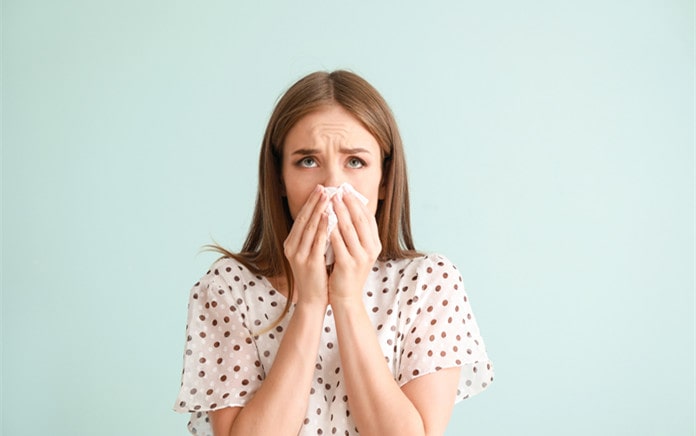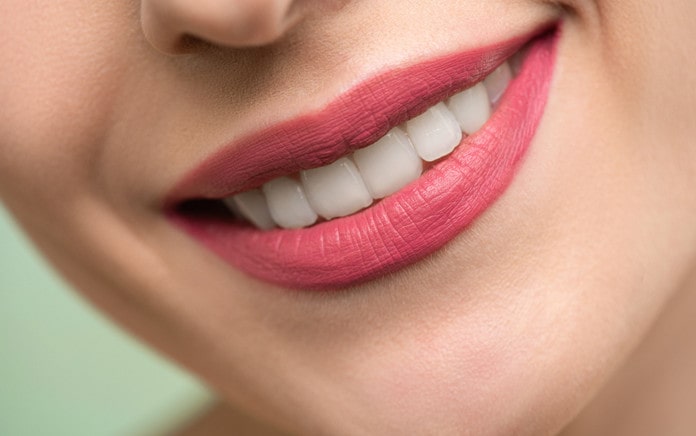8 Foods to Avoid When Living with Herpes
Herpes, or any disease, can complicate day-to-day life. Since herpes has no cure, it is essential to manage outbreaks and symptoms by maintaining a healthy lifestyle and diet. Here are eight foods to avoid when living with herpes, alongside some practical alternatives.
What Is Herpes?

Image source: Pinterest
Herpes is a widespread sexually transmitted disease, with over 60% of the global population experiencing genital (HSV-2) or oral (HSV-1) herpes. Once infected, the virus remains in the body, indefinitely switching between active and dormant.
Active herpes manifests as blisters in the affected areas, commonly in the genital area or mouth. Usually, the first outbreak is the worst, the attacks diminishing over time.
Can Food Trigger a Herpes Outbreak?
There is no evidence that food alone can cause a herpes outbreak, but dietary choices may influence or raise the risk. Herpes uses the amino acid arginine to grow, so foods with high arginine concentrations may lead to or worsen outbreaks.
Additionally, foods with lots of sugar, refined carbs, alcohol, and caffeine can negatively impact the immune system, hurting the body’s defenses against the virus. Those with oral herpes should avoid spicy, oily, salty foods and acidic drinks during an outbreak since they can irritate cold sores, elongating the healing process.
8 Foods to Avoid When Living with Herpes
1) Peanuts

Peanuts, and nuts in general, have high arginine concentrations with the potential to fuel an outbreak. Additionally, salted peanuts could irritate cold sores.
2) Grape Juice

Grape juice has lots of sugar and arginine, making it advisable to avoid. Like other acidic fruit juices, it can provoke cold sores. Try replacing fruit juices with vegetable juices.
3) Chocolate

Chocolate contains arginine, sugar, and caffeine. Overeating chocolate or too much caffeine can put the body into fight or flight mode. The extra stress, in turn, makes the immune system vulnerable.
4) Coffee

Similar to chocolate, avoid coffee and its high caffeine content. Try substituting tea for coffee as certain teas, like green tea, may even help herpes attacks.
5) Turkey Breast

Turkey breast, as well as other white meats, is high in arginine. Try replacing turkey breast with fish because seafood often has a high concentration of lysine rather than arginine.
6) Oranges

Despite containing lots of vitamin C, citrus fruits, such as oranges, are highly acidic and can elongate oral herpes outbreaks by aggravating cold sores. Mildy acidic or alkaline fruits like apples and pears are excellent substitutes.
7) Pumpkin Seeds

Similar to nuts, herpes patients should avoid most seeds due to their high concentrations of arginine. Try replacing seeds and nuts with legumes that contain a high ratio of lysine to arginine.
8) Brown Rice

Despite brown rice’s bountiful arginine content, avoiding wheat germ altogether is not advisable due to its many other nutritional benefits. Still, those with herpes should know and limit how much wheat they consume because of its arginine.
Can Certain Foods Help You Manage Herpes Outbreaks?
Although there is no scientific proof, many believe eating certain foods, especially those with immune-boosting nutrients like vitamin C, can help manage herpes outbreaks. The amino acid lysine may help with outbreak prevention and treatment because it naturally stabilizes arginine.
Foods high in lysine include yogurt, eggs, beans, mushrooms, garlic, fish, and cruciferous vegetables like broccoli. However, patients should consume lysine cautiously as too much can cause high acidity levels, contributing to another herpes outbreak.






